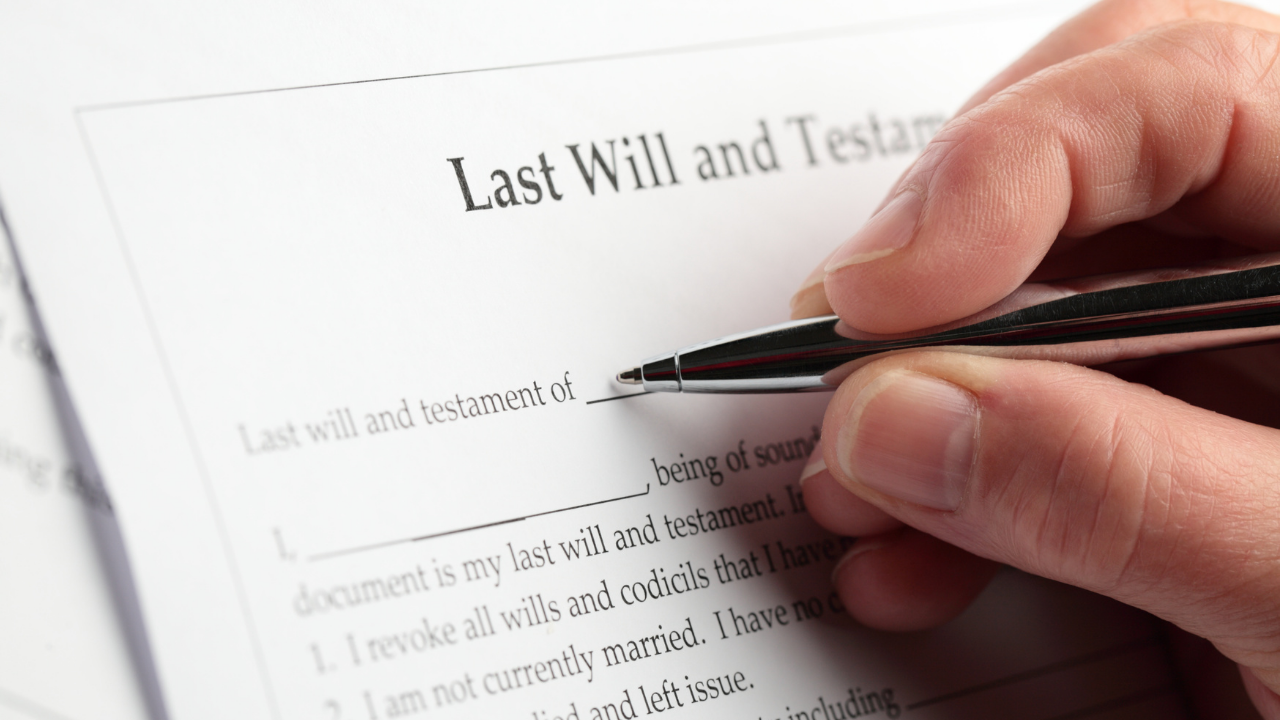The Will Fact Sheet
Written by Emma Adkins
Private Client Consultant Solicitor
An up to date will is one of the most important documents you can have. It allows you to choose, amongst other things, how your estate will be distributed on your death. If you do not have a valid will your assets will be distributed in a set order, known as the ‘intestacy rules’. This may result in your estate passing in a way which is different to your intentions.

Executors
The person or people you appoint as executors have the responsibility of administering your estate. They will inform the relevant organisations, complete the inheritance tax return and obtain the grant of probate if necessary, close down your accounts, deal with your property, ensure that all liabilities are paid and distribute your assets to your chosen beneficiaries. Your executors can choose to ask a solicitor to help them with this process, or they can do it themselves. Your executors may be family members, friends or professionals. In some circumstances, you may wish to appoint a solicitor to act as executor and this can be Greystone Solicitors if you wish. It may also be the case that your will creates an ongoing trust. If this is the case, your executors are usually the trustees of that ongoing trust.
Guardians
If you have children under the age of 18, you should appoint guardians in your will. The person/people appointed as guardians will be responsible for looking after your children if you and everyone else with parental responsibility die before the children turn 18.
Gifts
If there are any specific gifts you wish to leave, they should be included in your will. This could be specific items or a set amount of money, or both.
Residue
The ‘residue’ of the estate is what is left once all debts, funeral costs and legal fees have been paid, and the specific gifts have been distributed. You need to decide who is to receive the residue of your estate. This can be one person, several people, charities, or a mixture of individuals and charities. It is often best to divide the residue into percentage shares for each beneficiary. You should also consider what should happen in the event that a named beneficiary dies before you. What should happen to the share that they would have received?
Trusts
For some people it may be appropriate to include a trust in your will. There are different types of trust and the options available can be discussed in more detail if you feel it may be appropriate. Some examples of when trusts are used are where a couple have children from previous relationships, where people do not want their beneficiaries to receive all of the inheritance outright, or where the assets could benefit from inheritance tax relief due to being business property or agricultural property.
Funeral Wishes
Some people like to include funeral wishes in their will, for example whether they would prefer to be buried or cremated, whether they have a pre-paid funeral plan in place and/or what they would like to happen with their ashes. It is a personal preference as to whether or not these wishes are included in your will, but it can be helpful for the people arranging your funeral after your death.













